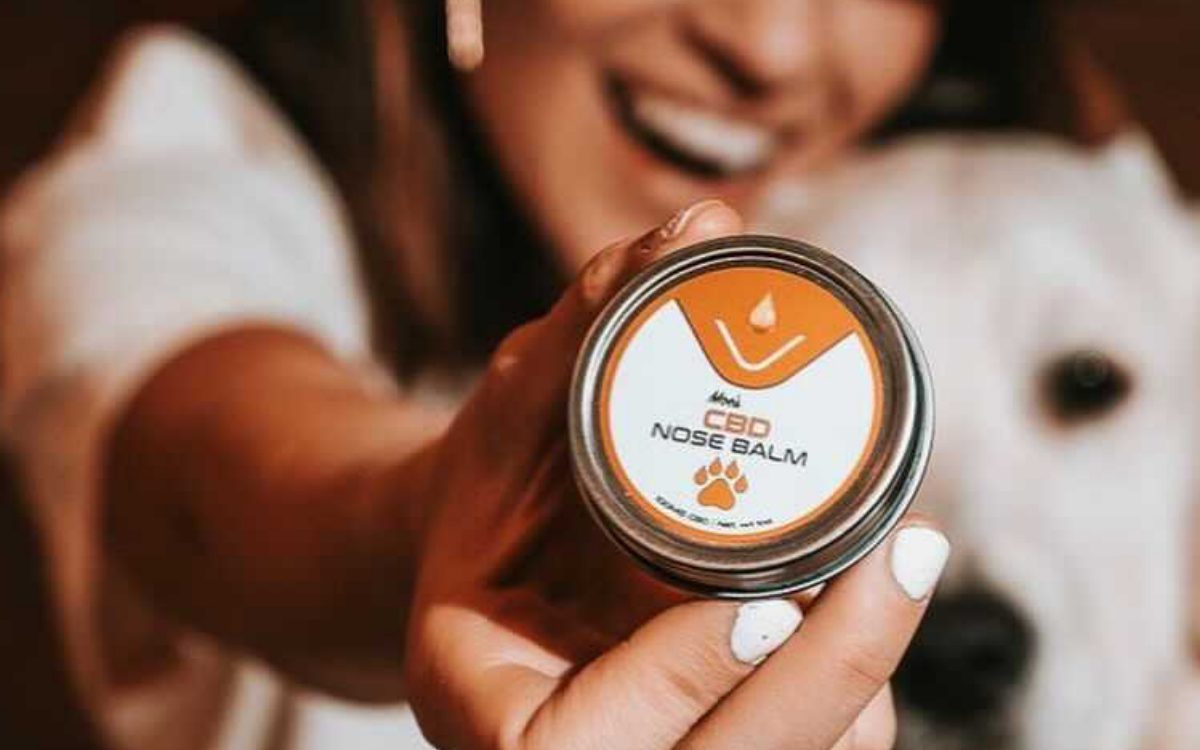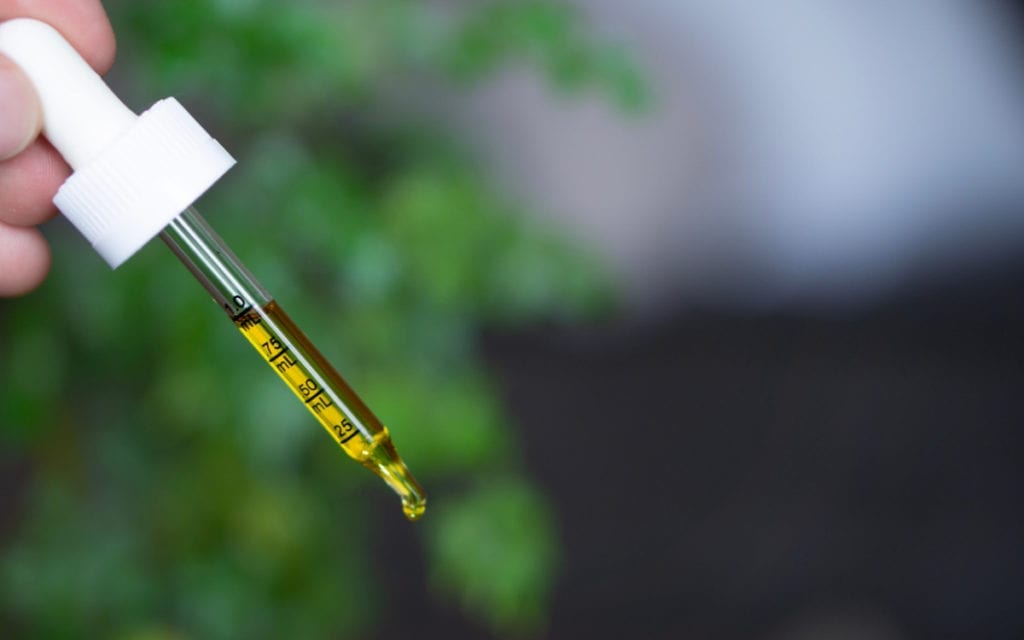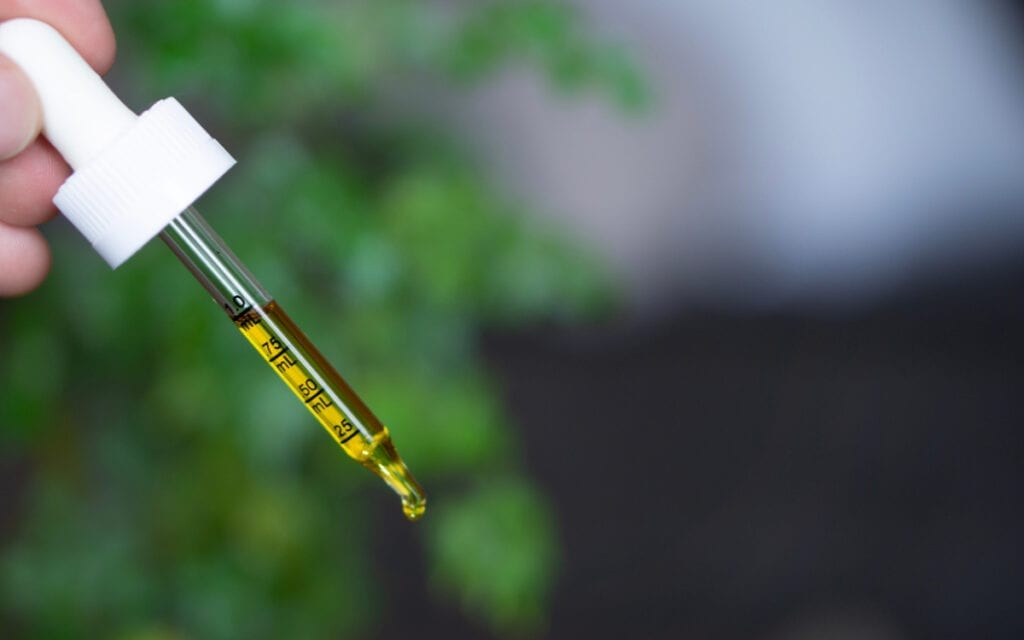We all adore our furry companions, no matter their size, energy level, or quirks. Our dogs are more than just pets; they’re cherished members of our family. They bring us unparalleled loyalty, joy, and happiness. So, we want to ensure they receive the care they deserve, and this may lead us to wonder if CBD can be a valuable tool in treating their ailments and promoting their overall well-being. This guide will help you unlock the secrets of CBD oil and your dog’s well-being through tips on caring for your furry friend.
Understanding CBD
CBD, short for Cannabidiol, is just one of the 100+ cannabinoids found in Cannabis and Hemp plants. Extensively studied and utilized for its potential benefits, CBD is non-psychotropic, meaning it won’t induce a “high” feeling. Instead, it interacts with our dogs’ Endocannabinoid System (ECS) to produce positive effects.
How Dogs Can Benefit from CBD
Similar to humans, dogs have ECS and produce their endocannabinoids. These endocannabinoids play a crucial role in immune system regulation, neuroprotection, and controlling inflammation within the central nervous system. They interact with Endocannabinoid receptors CB1 and CB2, which, when activated, can bring about potential benefits.
CBD Oil and Your Dog
Pain and Inflammation: A 2023 article unveiled the analgesic properties of cannabidiol (CBD) and tetrahydrocannabinol (THC) in animals. These studies shed light on the roles of CB1 and CB2 receptors within the endocannabinoid system. By harnessing these receptors, CBD has demonstrated its potential to effectively modulate acute, chronic, and neuropathic pain in our beloved animal companions.
Epilepsy: Canine epilepsy affects approximately 1 in 20 dogs. According to a 2022 study, hemp extract may reduce the incidence of epileptic seizures when used concurrently with other ASMs.
Anxiety: Dogs can experience anxiety and stress from various factors such as separation, past trauma, car travel, or loud noises. In a 2023 study, researchers investigated the potential benefits of CBD treatment in reducing canine stress and anxiety. The study found that some tests demonstrated a significant decrease in stress levels among dogs who received CBD compared to those in the placebo group. However, further research is needed to fully understand the complex impact of CBD on a dog’s overall well-being.
Aggression: In a 2021 study, the effects of CBD on stress-related behavior in shelter dogs were examined. The study included 24 dogs divided into a treatment group receiving CBD and a control group receiving a placebo for 45 days. Although there was a reduction in aggressive behavior toward humans in the treated group, the difference between the two groups was not statistically significant. Additional research is necessary to fully comprehend the impact of CBD on dog behavior, particularly in shelter settings, as it holds promise for enhancing the well-being of dogs in such environments.
Finding the Right CBD Product
When selecting CBD products for your dog, consider the following factors:
Quality: Look for an established CBD company with a track record of delivering quality products. Read reviews from other pet owners to ensure their trustworthiness.
Certificate of Analysis (COA): Find a reputable CBD company that willingly provides COAs on their websites to demonstrate transparency and product quality.
Dosing: Since the FDA does not regulate over-the-counter CBD products, dosing can vary among companies. Start with the lowest recommended dosage and gradually increase until you achieve the desired effect. The same principle applies to our furry friends.
Source of CBD: CBD products can be categorized as isolate, full-spectrum, or broad-spectrum. Full-spectrum CBD contains THC, while broad-spectrum typically does not but may contain traces. THC can be toxic to dogs. So, for pet products, it’s best to avoid full-spectrum CBD.
Final Note
Our dogs are unwavering allies throughout our lives, showering us with unconditional love. Let’s repay their devotion by ensuring they receive the best care possible.
All information contained in this article is for informational and educational purposes only. Our products do not diagnose, treat, cure, or prevent any disease.





